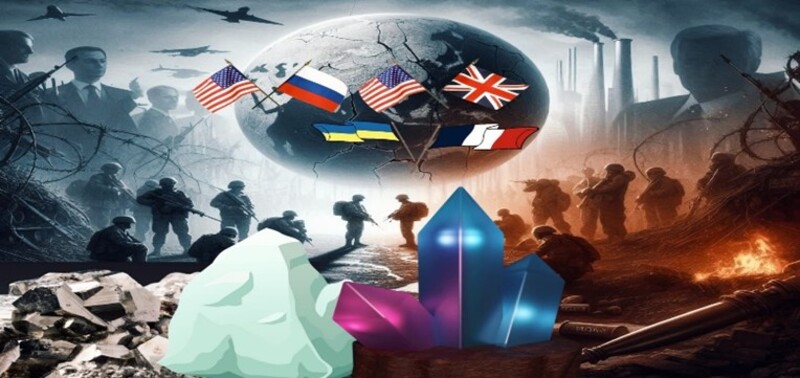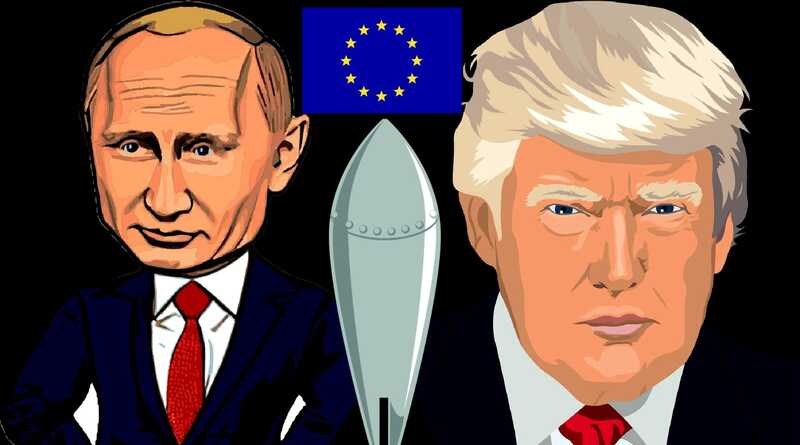 A representation of Ukraine-Russia war with interested parties. Image: AI generated/Pixabay
A representation of Ukraine-Russia war with interested parties. Image: AI generated/Pixabay
Russia Ukraine War: Is The Us Interested In Restoring Peace In The Two Countries Or Taking Sides For Their Own Benefit?
Europe
Politics
The Russia-Ukraine war began in 2014 and has escalated over the years, leaving behind devastating impacts, including the loss of many soldiers and civilians. The conflict arose from boundary disputes, with Russia demanding that Ukraine remain neutral in its involvement with European powers and refrain from joining NATO due to Russia's security concerns. NATO, established in 1949 to counter Soviet influence in Europe, has remained central to this geopolitical struggle. Following the collapse of the Soviet Union in 1991, Ukraine declared independence, becoming a focal point of Russia's territorial ambitions.
A Turning Point in 2022
In 2022, the war took a dramatic turn, attracting global attention and sparking debates about the motives of various nations involved. The conflict has deeply affected global relations and policies, with powerful nations such as the US, France, and the UK actively voicing their positions. Despite its advocacy for peace, the UN has been unable to deliver lasting solutions, raising questions about its effectiveness in resolving global conflicts.
Impartiality and Geopolitical Complications
The war has exposed the challenges of impartiality in global politics, as nations claim to advocate for peace while siding with either Russia or Ukraine. This situation undermines efforts for true reconciliation, leading to coercion, manipulation, and intimidation rather than meaningful negotiations. Russia’s battle to reclaim its empire and Ukraine’s struggle for survival highlight the vulnerabilities and human costs on both sides of the war.
The Role of the US in the Conflict
The US has been a key player in the Russia-Ukraine war, with its stance evolving over time. During Biden’s administration, the US supported Ukraine through military aid and economic sanctions against Russia, raising questions about whether it genuinely pursued peace or fueled the conflict. Under Trump’s administration, the US shifted its position, ceasing funding to Ukraine after disputes between President Donald Trump and Ukraine’s President Volodymyr Zelenskyy. The subsequent ceasefire agreement revealed the US’s interest in Ukraine’s mineral resources, suggesting ulterior motives behind its involvement.
Lessons from the Russia-Ukraine Conflict
The war serves as a historical lesson for nations, emphasizing that countries often prioritize their own interests in conflicts. Before engaging in war, nations must evaluate their capacity to sustain conflict, its societal impacts, and the cost to peace and human life. The days ahead will likely reveal the complexities of the geopolitical strategies employed by both Russia and Ukraine, as each pursues its own benefits.
